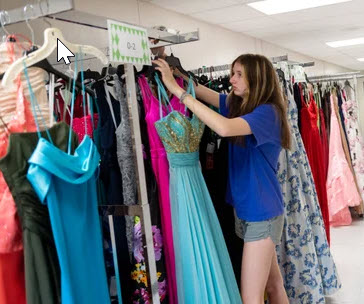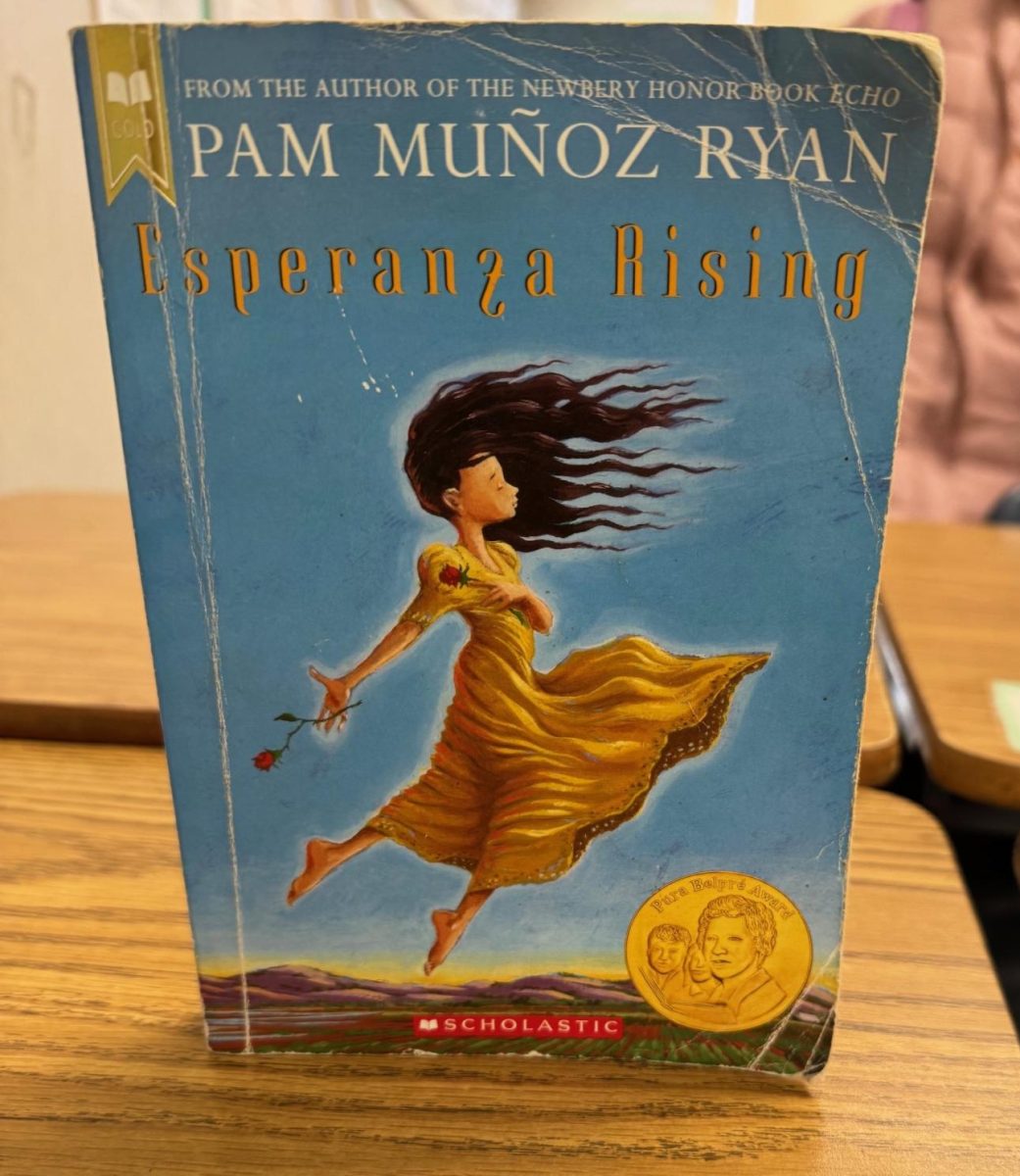Identity vs. Religion: How Does the Court Decide?
March 7, 2018
“It’s 2018, so gay marriage is acceptable.” Beginning a sentence on something you strongly believe in with the year that you’re in has been trending for a while now. However, that doesn’t mean there isn’t a strain on a person’s mental state when talking about whatever it is. As we progress more into the year 2018, we can’t keep thinking that just because it’s a new year, everything will become better. For example, yes, gay marriage and rights have permitted all throughout the U.S. for years now, but that doesn’t mean it’s fully accepted.
For a while, people have been questioning whether LGBT+ rights and religious rights could coexist. Those who vote no fear that the law would favor one side over the other. They fear they are risking something very important to themselves by making a compromise, but with the Supreme Court dealing with one controversial case after another, it’s hard to know how the court might rule.
One case the Supreme Court will soon address is between bakery owner Jack C. Phillips and a same-sex couple, Charlie Craig and David Mullins. Phillips refused to bake Craig and Mullins a cake because of his religious views, and the court will explain to the public whether that is the baker’s constitutional right or not. No matter what the court holds in this case, a portion of the population will disappointed, if not outraged.
For those who support the baker’s side of the argument, it’s simply because they believe that it goes against their faith. One example is Gayle Myrick, who resigned from her job as a North Carolina magistrate judge in 2014. Myrick claimed she knew her religious convictions wouldn’t allow her to marry any same-sex couple, which is something that should be respected.
But what about Craig and Mullins’ rights as a married couple? Don’t they deserve to be treated with respect, and not be refused service at a business because of their sexual orientation? We believe they should have that right.
So how does this affect us students? We all should respect each other’s decisions in going about life. LGBT+ marriages has been legalized since 2015, and if people would like to be wed under those laws then we should respect that. However, we also have to find ways to protect people’s religious beliefs, and not push them to do something they aren’t comfortable with. In the end, in order to protect both sides, there needs to be some sort of middle ground to stand on, and we hope the Court will be able to rule this way.




